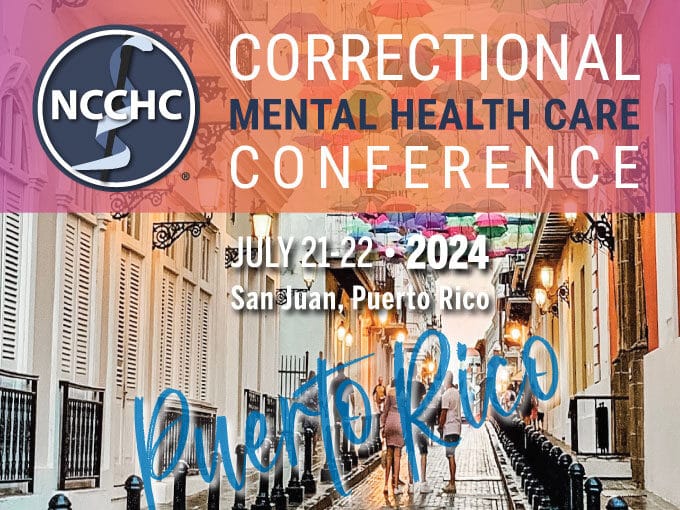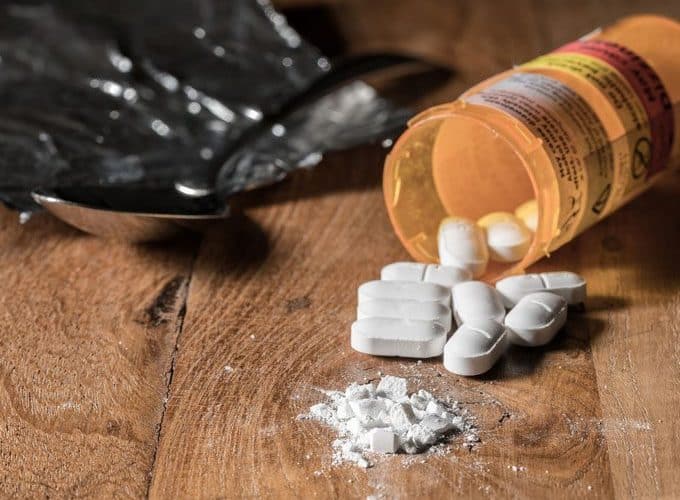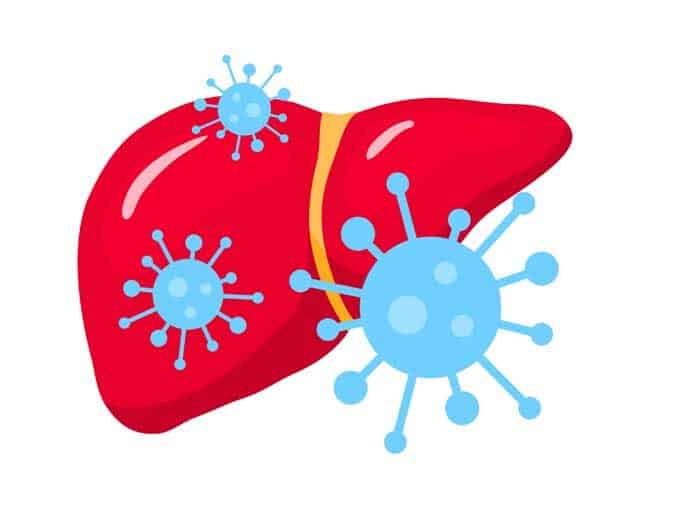
Say hola to Puerto Rico
The 2024 Correctional Mental Health Care Conference will be held in sunny San Juan!
Home MAT: Education Isn’t Enough
 Feb 3, 2023
Feb 3, 2023Last month, NCCHC Resources, Inc., NCCHC’s consulting subsidiary, provided two half-day educational trainings on medication-assisted treatment (MAT) for health professionals and sworn staff at a small county jail. Each day there was a different group and a different mix of professional backgrounds. I was one of two speakers, along with a licensed psychologist.
Throughout the trainings, the discussion was lively. Some of the feedback was overwhelmingly positive and signaled a receptiveness to the medical model of addiction, the need to treat opioid use disorder (OUD) as a chronic condition, and the role of correctional facilities in preventing overdoses post-release. But I also heard a disheartening perspective that seemed to buy into a need for further punishment of incarcerated individuals with an OUD who may not be ready for long-term recovery. I felt, at times, a distinct pushback as attendees were stretched to change their thinking.
To be clear, MAT is the evidence-based treatment for individuals with an OUD. While many health care professionals may have been trained prior to the current medical understanding of addiction, we must be open to new findings and adapt accordingly. As I think back to the training, my thoughts go in two directions: harm reduction and change.
Harm reduction
The basis of harm reduction is to enact policies that reduce the negative social and physical impacts of both legal and illicit human behaviors. There is overwhelming evidence demonstrating that MAT reduces risk of overdose among individuals recently released from incarceration1,2,3. In the two weeks following release, risk of overdose is extremely high relative to regular community experience4. In 2021, overdose deaths in the US attributed to opioids reached over 80,0005. This is a crisis.
Although MAT is not going to heal everyone with an OUD overnight, it has been demonstrated to be a tremendous tool in easing pain and suffering, to individuals, families, and society at large, and in combating this public health crisis. A whole-person approach to OUD that includes access to quality and affordable behavioral, mental, and physical health care and community support and resources is sorely needed.
Change
Change is difficult in many situations, especially when it leads to extra work and new practices and requires us to challenge our own beliefs and perspectives. It is not easy and, for many, will not happen in an instant or after one four-hour training. To move forward in this crisis, we all must be willing to challenge our previous training and experiences and rethink conclusions based on a limited number of experiences. We cannot and will not be able to punish our way out of the epidemic. We must try something different. This will require an open mind and curiosity toward those who experience life differently than you or I. The evidence is there. We have to lead the way.
Conclusion
Adopting MAT requires training, new processes, and most importantly, a new outlook and understanding of addiction. Leaders should consider the cultural changes necessary to bring about full acceptance. As always, NCCHC Resources is available to help.
Contact [email protected] for more information.
By: Claire Wolfe, MA, MPH, CCHP
NCCHC Program Director
Sample NCCHC Resources MAT Training Agenda
Citations:


